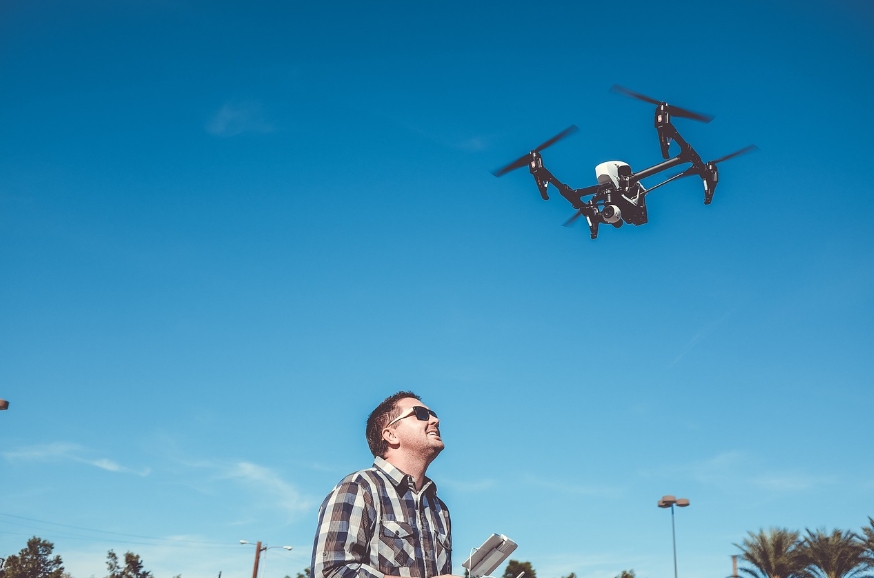The decision to implement a drone ban has far-reaching implications across various sectors. Drones, as innovative tools, have revolutionized industries ranging from agriculture to logistics, entertainment, and beyond. With such immense dependency on drones for daily operations, a ban poses significant challenges and forces industries to reassess their strategies. To understand the intricacies involved, one must delve into the underlying causes of such a ban and its ripple effects on innovation and industry growth.
The Effect on Agriculture
In the realm of agriculture, drones have paved the way for what is now termed “precision farming.” Farmers rely on drone technology to monitor crops, assess health using advanced sensors, and even facilitate targeted pesticide spraying. The drone ban compels agribusinesses to revert to time-consuming traditional methods, impacting productivity and efficiency. Moreover, without drones, real-time data analytics in farming become a cumbersome task, further hampering innovation. The ban, therefore, threatens to slow down the progress witnessed in sustainable farming practices.
Impact on Entertainment and Media
From capturing breathtaking aerial shots in movies to live sporting events, drones are indispensable in the entertainment industry. Their ability to capture diverse angles enriches viewers’ experiences and opens avenues for creative filmmakers. With drone regulations getting stringent, much of this creativity is stifled, and filmmakers find themselves grappling with limited technical capabilities to produce high-quality content.
- Innovation Stalemate: An overarching impact of the ban is the stagnation it brings to innovation. Drones have not just evolved industry standards but have also given rise to numerous startups focused on creating drone applications for varied purposes. The ban puts a pause on this innovation, leaving developers and tech enthusiasts evaluating alternatives that might not offer the same dynamism.
- Policy Implications: Regulatory bodies state safety, privacy, and security concerns as primary reasons for imposing bans. While these are valid pointers, a complete ban can hinder technological advancements. Therefore, policymakers might need to adopt a balanced approach that addresses concerns without stifling industry progress.
Future Prospects and Alternatives
Despite the current regulatory hurdles, there remains hope for industries dependent on drones. Technological adaptations could offer viable replacements or enhancements to regular drone functions. For instance, advancements in AI and machine learning could allow ground-based robots to conduct some functions previously performed by aerial drones. Nonetheless, these alternatives require substantial investment and time to develop to a level where they can match drone efficacy.
FAQs and Discussions
Q1: Will the drone ban completely obstruct industry growth?

A1: While it poses challenges, it will prompt industries to innovate and explore alternative technologies, potentially leading to new paths for growth.
Q2: Are there any exceptions to the drone ban?
A2: Specific regulations might allow drones for research, military, and certain commercial activities under strict monitoring.
Q3: How can companies prepare for potential bans in the future?
Companies can invest in diversified technological advancements and advocate for balanced policies that enable growth while ensuring safety and privacy.